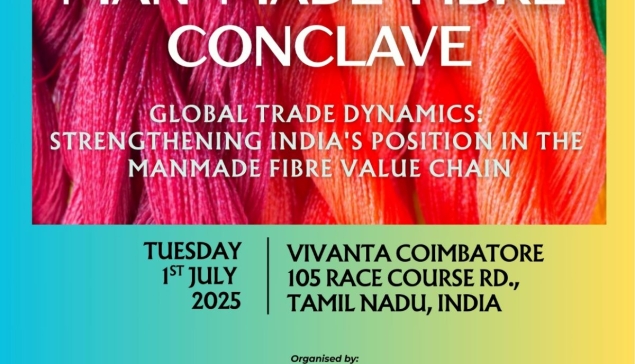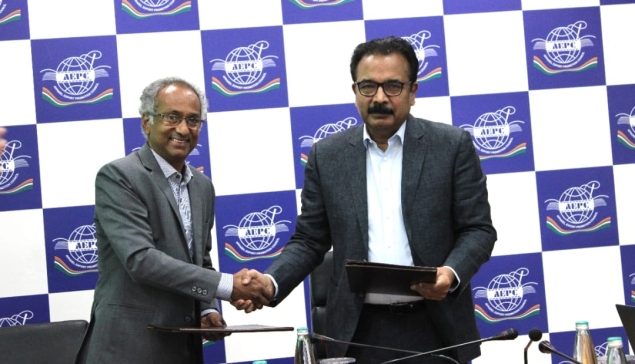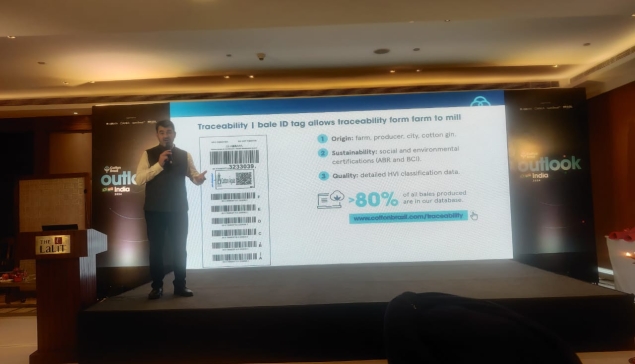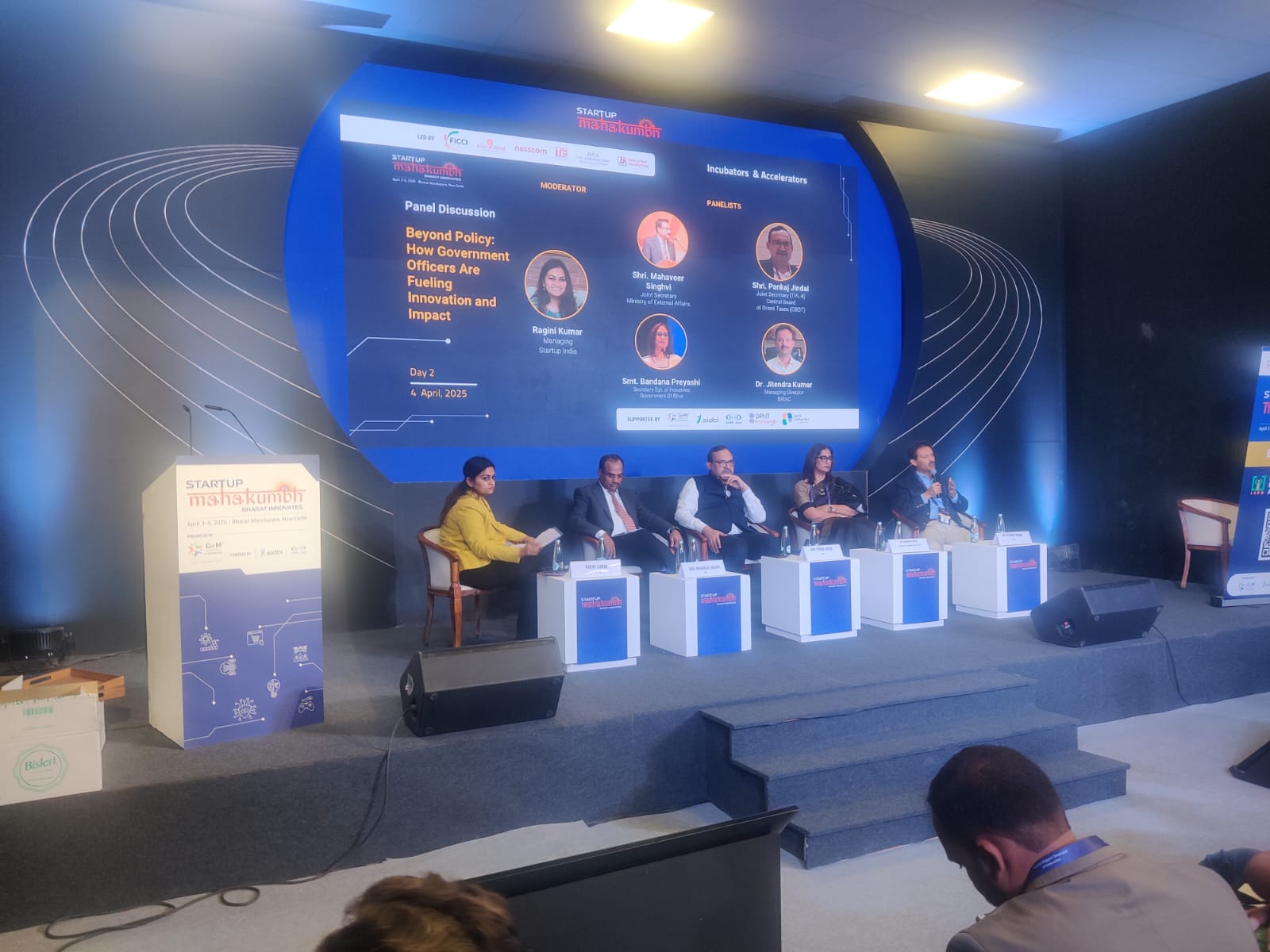The panel discussion held during one of the knowledge sessions at the Startup Mahakumbh 2025 featured distinguished dignitaries, including Mahaveer Singhvi, Joint Secretary, Ministry of External Affairs; Pankaj Jindal, Joint Secretary (TPL-II), CBDT; Ms. Bandana Priyashi, Secretary, Department of Industries, Government of Bihar; and Dr. Jitendra Kumar, Managing Director, BIRAC. The session was moderated by Ms. Ragini Kumar, Manager, Startup India.
The panel started with stating that we also plan to scale this initiative to other states and regions over time. These centers will not only build strong, resilient infrastructure but also provide comprehensive support systems to nurture startups within their respective regions.
Additionally, they will serve as model frameworks for other states to emulate. For instance, if a successful center is established in Karnataka, especially in Bengaluru—which is already recognized as the fifth most innovative region globally—it can act as a benchmark for others.
These hubs will enable knowledge-sharing across states. Startups can exchange best practices, learn from each other, and participate in virtual collaborations—this too is part of our broader plan.
Over the past decade, we’ve supported startups at various stages of growth, resulting in over 800 biotech products reaching the market. That’s no small feat—especially in a field like biotechnology, where challenges abound. These innovations, all listed on our website, are testament to the ecosystem we’ve helped build. However, one of the persistent challenges is market access—particularly in tapping into global markets.
To address this, we’re setting up global accelerators in strategic locations such as Boston, Europe, and the South Pacific. These will serve as international platforms where Indian startups can showcase their products, attract global capital, and forge new partnerships. This is crucial because early-stage venture capital—especially in biotech—is hard to come by in India. As a result, many startups seek funding abroad, and unfortunately, that often leads to them registering overseas.
This results in a significant loss to the country—not only of talent, but also of the public money invested at critical early stages.
For example, when a startup receives ₹75 lakhs or ₹50 lakhs through schemes like BioRAD, it’s often at a point where no one else is willing to invest. If that company later moves abroad, we lose both the innovation and the return on our investment. Worse, these products often return to India as "foreign" innovations, despite having been conceived and developed here.
Another major challenge, as Rajini pointed out, is navigating the complex regulatory landscape of biotechnology. This sector—especially with vaccines or novel therapies—involves stringent compliance: field trials, clinical trials, and an evolving set of regulations. For many startups, this becomes a major hurdle, often referred to as the “valley of death.” They may lack the knowledge or resources to manage these regulatory processes.
To bridge this gap, BIRAC has created a dedicated division—RAPA (Regulatory Affairs and Policy Advocacy)—to guide startups through this maze. RAPA also plays a key role in advocating for clear and updated regulatory frameworks, especially for emerging technologies like CAR-T therapy, where guidelines are still evolving. We act as a link between innovators and regulators, helping shape policies and submitting framework documents to agencies like the CDSCO.
These are just some of the initiatives BIRAC has spearheaded. We’ve worked tirelessly to foster a vibrant biotech ecosystem across every region of India. Looking ahead, we expect exponential growth, with a wave of deep-tech and disruptive innovations entering the market.
Despite having a bioeconomy valued at $165 billion, India ranks only 14th globally in value terms. This suggests that while our volumes may be high—possibly ranked fourth—the innovation quotient remains low. Much of our output remains focused on generics, rather than groundbreaking drugs or novel therapies. That’s a gap we must bridge.
Now, on to the final part of your question—successful examples. While I can’t name specific companies due to my government role, I can share stories from a public interest standpoint.
Take, for instance, my own journey over the last 15 years—from Vice President of Life Sciences at IKP Knowledge Park to my current role at Bangalore Bio-Innovation Center. Back in 2009-2010, I mentored a small startup called Revelations Biotech—founded by a brilliant scientist trained at ICGEB. Instead of pursuing an academic career, he chose entrepreneurship.
With early support from DST and later BIRAC, the company quietly developed over the years. Recently, the founder reached out to share that they’ve launched a bio-manufacturing venture based on the same project we once supported—a fibrous form of sugar. In layman’s terms, it’s sugar that doesn’t raise blood glucose levels.
It’s rich in fiber and ideal for diabetics as well as health-conscious individuals. This innovation could outpace existing sugar alternatives in the market. While still expensive, with regulatory support and incentives, it could eventually become a household staple—positioning India as a global leader in this domain.
Another example is ImmunoACT, a Mumbai-based startup founded by a scientist from IIT Bombay. They’re working on CAR-T therapy—a cutting-edge treatment for cancer. This is the kind of innovation we aspire to see more of: science-driven, deeply impactful, and born out of Indian talent and institutions.




















